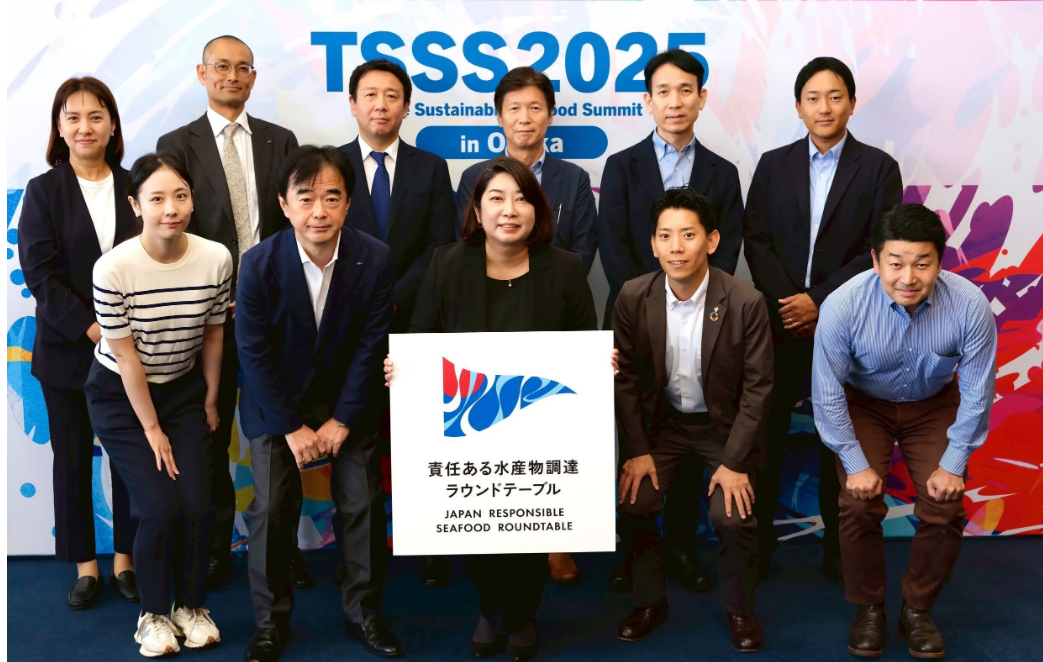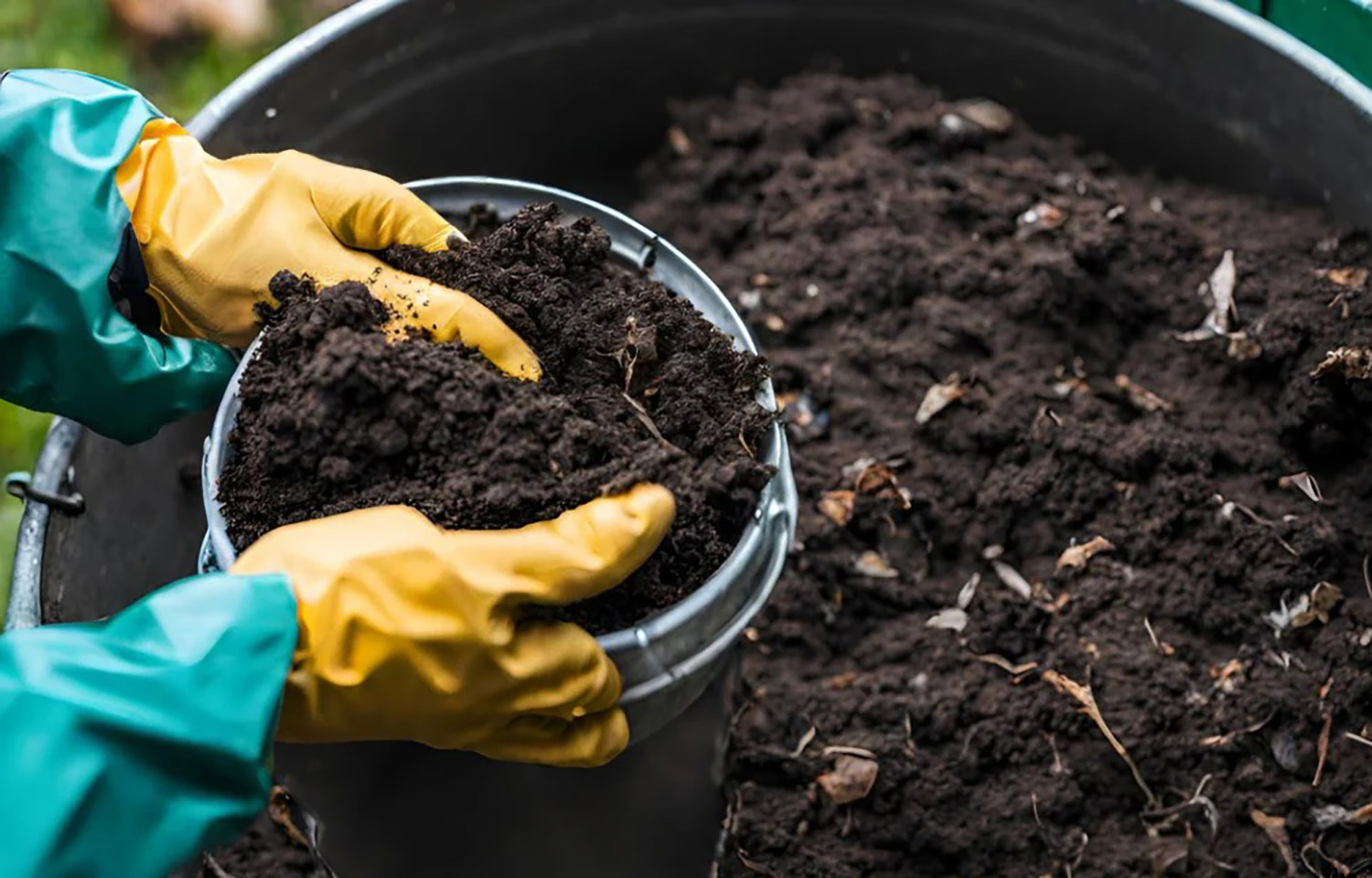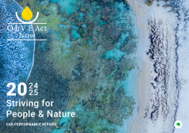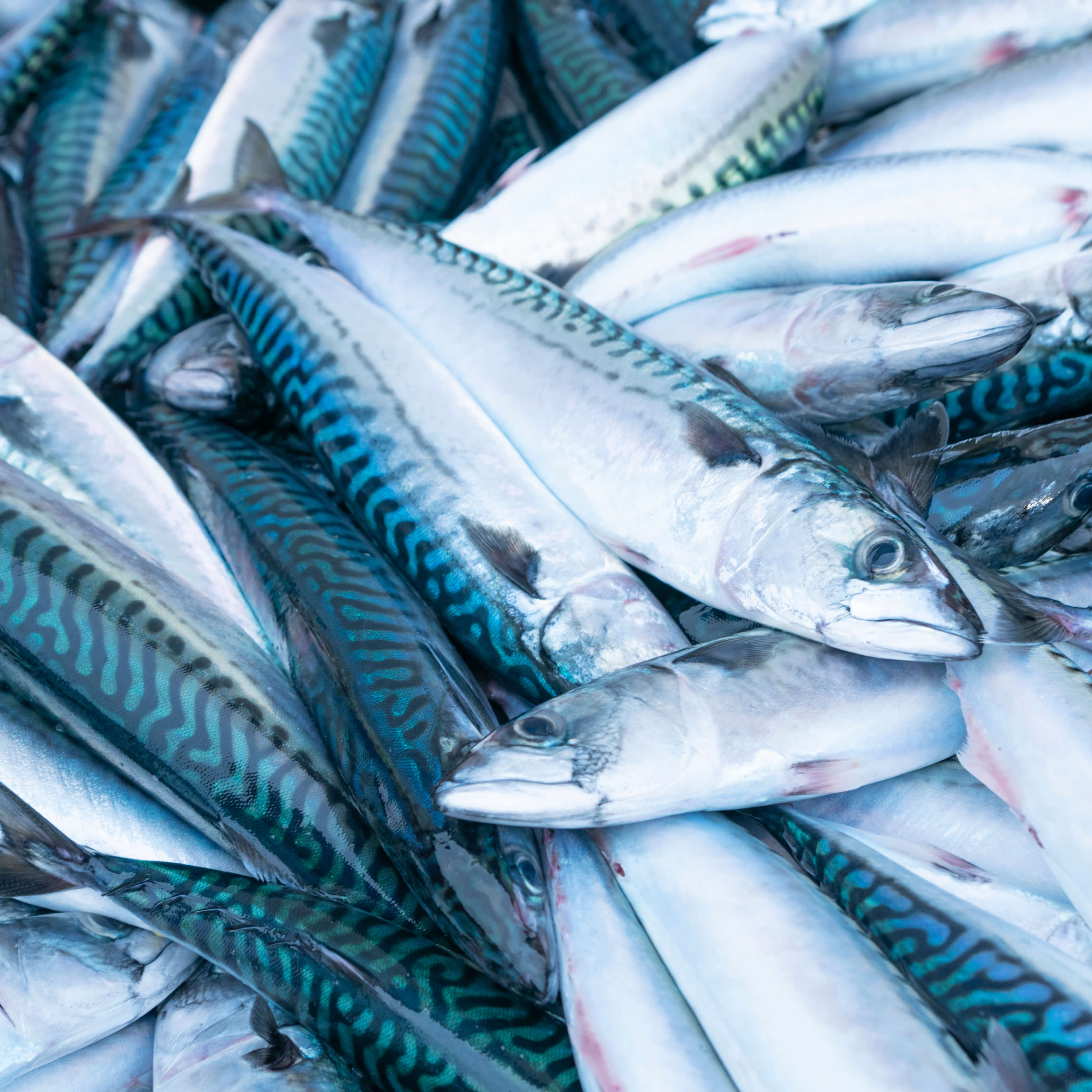Overview
EPA+DHA omega-3s, also known as eicosapentaenoic acid (EPA) and docosahexaenoic acid (DHA), are found in many kinds of seafood and dietary supplement products from fish, krill, algae and other oils. These fatty acids are well studied nutrients with more than 50,000 published papers and various health benefits for all humans throughout all life stages.
The best way to get EPA+DHA omega-3s is a diet with 3-5 servings of oily fish per week — commonly salmon, mackerel, anchovies, sardines or herring. A vast network of seafood manufacturers worldwide brings these products to consumers. In many markets, this seafood is easy to buy from responsibly harvested fisheries, and offerings often have sustainability certifications from MSC or Friend of the Sea. EPA+DHA omega-3s are also attainable through consuming dietary supplements, fortified foods, special medical foods, pharmaceuticals and/or infant formula.
The global EPA and DHA omega-3 industry is focused on environmental stewardship and committed to improving its overall corporate responsibility.

[October 17, 2025] GOED members Maruha Nichiro and Nissui, in collaboration with five other Japanese organizations, launched The Japan Responsible Seafood Roundtable initiative to address social, sustainability and other supply chain issues across the seafood industry.

[September 29, 2025] TASA partnered with waste services operator Soluciones Ambientales to recover waste generated in the cleaning of the plant's equipment and compost the material into organic fertilizer. Read on »

[September 23, 2025] Omega-3 brand Nordic Naturals collected 88 pounds (40 kilograms) of plastic trash from Rio Del Mar Beach on California Coastal Cleanup Day.
Read on »

[August 11, 2025] Pesquera Hayduk earned its second star from the Carbon Footprint Peru program, awarded by the country's Ministry of Environment and recognizing the company's commitment to measuring, verifying and reducing GHG emissions as part of its growth strategy. Read on »

[July 1, 2025] The company donates €23 per ton of oil sold to its solidarity fund, sources 97% of its oils responsibly and has achieved a 20% reduction in Scope 1+2 greenhouse gas emissions since 2022. Read on »

[May 16, 2025] A new life-cycle assessment of Peru’s anchoveta fishery by GOED member Austral Group reveals it is “probably one of the lowest-carbon animal protein systems in the world.” Read on »
